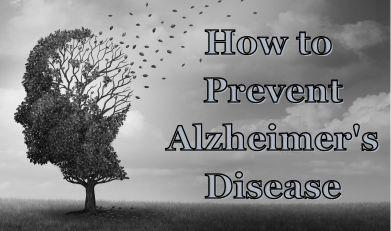

09 Dec, 2023
Here are some approaches used in managing Alzheimer's
Early Diagnosis
Seek medical evaluation if you notice any memory or cognitive changes. Early detection allows for better management and planning.
Medication Management:
Consult with healthcare professionals about available medications that may help manage symptoms and slow the progression of the disease.
Supportive Environment:
Create a safe and supportive environment at home by removing hazards, maintaining routines, and using memory aids like calendars and notes.
Healthy Lifestyle
Encourage a balanced diet, regular exercise, and adequate sleep. Physical activity can benefit both physical health and cognitive function.
Cognitive Stimulation
Engage in mentally stimulating activities such as puzzles, games, reading, or hobbies to help maintain cognitive function.
Effective Communication
Use clear and simple language, be patient, and offer reassurance when communicating with someone affected by Alzheimer's. Maintain eye contact and speak slowly and calmly.
Support for Caregivers
Caregivers play a crucial role. Seek support through caregiver groups, counseling, and respite care to prevent burnout and ensure the best care for the individual with Alzheimer's.
Regular Medical Check-ups:
Schedule regular check-ups to monitor the progression of the disease and address any new symptoms or concerns.
Legal and Financial Planning
Plan for the future by discussing legal and financial matters, including wills, powers of attorney, and long-term care options.
Emotional Support
Alzheimer's can be emotionally challenging for both the individual and their family. Seek emotional support through counseling, support groups, or religious organizations
To explore Swarn Madhu and its potential benefits further, you can visit the Tata1mg platform for more information.
Benefits of Swarn Madhu
Conclusion
Alzheimer's disease lacks a cure, but management strategies like early diagnosis, medication, a supportive environment, healthy living, mental stimulation, communication, caregiver support, regular check-ups, planning, and emotional help significantly enhance quality of life. Research offers hope for future solutions, stressing the importance of understanding, patience, and comprehensive care for those affected.